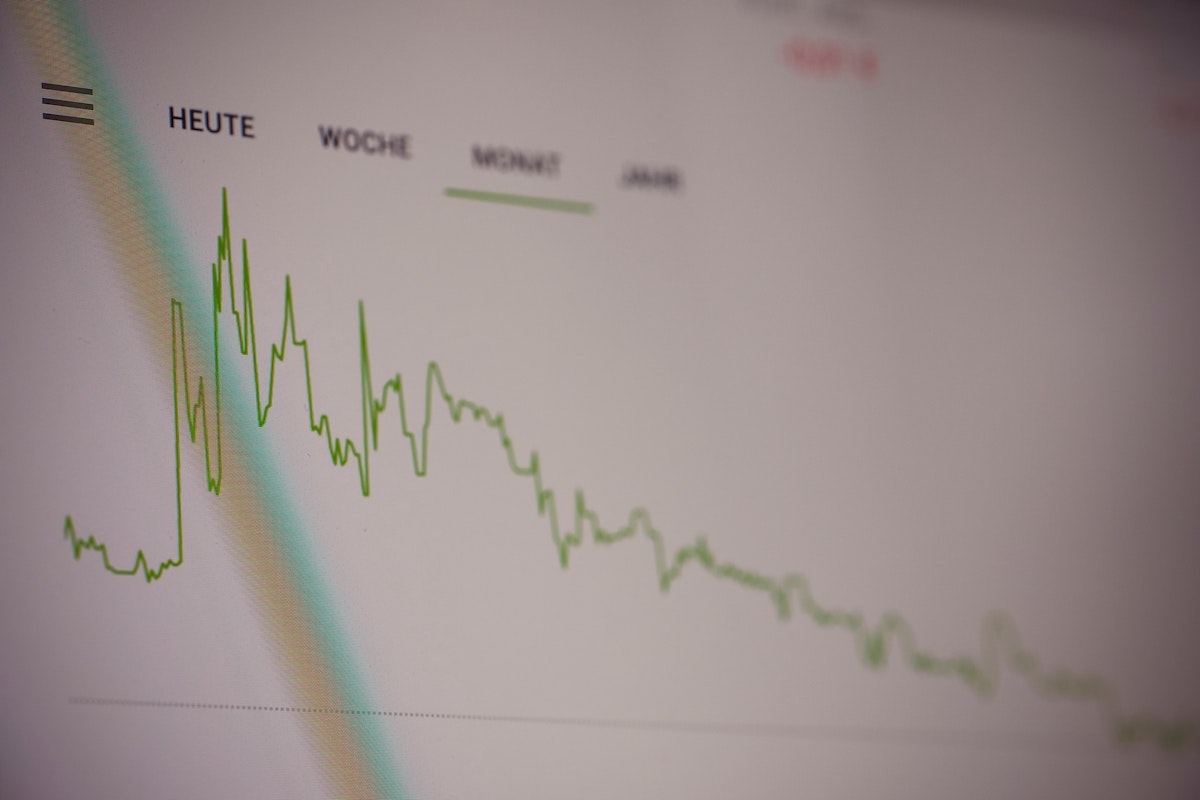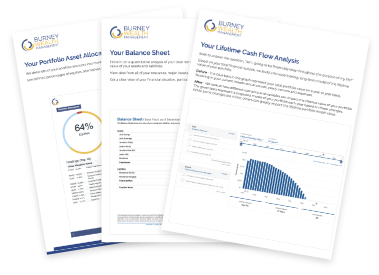A 4-Step Framework for Investors to Evaluate Their Portfolio After a Bear Market

With war and geopolitical conflict, prolonged declines in securities prices, federal interest rate hikes, and negative sentiment from investors, the stock market experienced a “bear market” in mid-2022. A bear market can typically be defined as a decline of 20% or more in prices for at least two months.
As we move into the early fall, we are seeing signs of a bear market retreat. While we aren’t completely out of the woods, it is critical to start thinking about what steps you should take as an investor once the market settles. How much did the bear market impact your investment portfolio? What is the best way to evaluate your financial plan moving forward?
Let’s take a look at the key questions you should be asking to help evaluate your investment performance through the bear market and your situation moving forward. Using economist Emily Oster’s 4-step framework to strategically think through the decision-making process, we can better determine our next steps.
The Family Firm and the “Four F’s” Framework
Emily Oster discusses her new data-driven parenting book l GMA
Economist and best-selling author Emily Oster outlines how parents can use data to drive their decision-making in her most recent book, The Family Firm. With an economics degree and being a parent of young children myself, this approach resonated with me, and I realized it is a strategic framework that can be applied to many different situations - including financial and investment decisions.
The framework is the Four F’s:
- Frame the question: For any decision you’re faced with, it’s important to frame the question in a way that clearly presents the problem you’re trying to solve.
- Fact find: Once you clearly understand the problem, ensure you do the research and gather all the relevant data or information needed to make a decision.
- Final decision: Based on your problem and the fact finding step, you are ready to make the decision and start experiencing the results.
- Follow-up: Once the decision has been made and time has passed, the fourth step is to go back and reflect on what has happened. What were the results of your decision? What data do you have to evaluate the outcomes? Most importantly, what should you do moving forward based on what happened as a result of your decision?
While all four are critical, Oster points out that the fourth: Follow-up, is often skipped. People make a decision and move forward, never taking the time to go back and actually look at what they did, and how it can impact your future decision’s outcomes moving forward.
In thinking about our investments and our financial planning, we can apply this framework to what we experienced in the bear market during the summer of 2022.
The Four F’s of Financial Decision Making
When applied to a financial decision like your investments, you would do the following:
- Frame your question: How do I invest my portfolio to pursue my long-term goals and objectives?
- Fact-find: Do your research. Find out what investment options are out there. Determine how risky or conservative you would like to be. Define what individual inputs will maximize your probability of success.
- Final decision: Based on the research you have done, you’ll determine what the best portfolio is for you. You’ll make a decision and implement it.
The fourth “F” - follow up - is what happens once you’ve had a chance to live with your decision and start gathering data on its impact. The market will experience ups and downs, and you’ll have a chance to see how your portfolio (and your perspective) are impacted. Let’s dive into how this applies to a bear market situation.
Believe it or not, a bear market is a traumatic event for some people and it’s okay to treat it as such - you need to process what happened, look at how the events in the market impacted your mental health, evaluate how hard your finances were hit, and determine how to move forward.
To understand how people invest is impossible without thinking through a lens of “human psychology.” Understanding how you’re impacted emotionally by the market can help you move past an experience like a bear market with the confidence you need to continue on your investment journey. The important thing to remember is to do this soul searching during a cold state - and not make rash decisions like selling off too much when the market is down, as that action has the potential to create a serious, long-term negative impact on your wealth.
The Fourth F: Debriefing through Follow Up
Your Portfolio Performance
First, you’ll want to debrief about the performance of your portfolio itself.
- Did your investments do what you expected them to do?
- What actions did you take during the hottest moments? For example, did you push money into the market, did you sell, or did you stand pat?
Having a good understanding of how you’re likely to act when a bear market occurs will help you make future decisions about your investments.
Your Mental and Emotional State
Next, you’ll want to look inward, and think about how the bear market and how your mental and emotional state were affected.
- How was your overall health, happiness, and wellness?
- Were you extremely anxious, or were you able to keep a level perspective and stay calm.
- Did you have any trouble sleeping, and were your actions normal?
If you had heightened anxiety levels and your overall stress impacted your day-to-day, it would be important to note that for the future and think about how you could balance that out by making a change to the amount of risk you’re taking.
Your Support System
Third, you may want to look at your support system, and ensure you have a solid one in place. Did you have someone to talk to about your worries, stress or fears? This could be a family member, friend, or a trusted advisor - someone like a financial advisor.
Having a voice outside your head to help you keep things in perspective can be extremely helpful during stressful situations of any kind. If you felt alone during the time period in question, it may be important to enlist the help of someone like a financial advisor in the future, so they can help you understand what is happening and your options.
Your Action Steps Moving Forward
And finally, going back to your overall investment strategy, based on what you learned in your overall debrief, you can deduce what, if any, changes need to be made.
Would you be better served, from either a financial or emotional standpoint, if your portfolio was allocated differently?
If you still aren’t sure what you could or should have done differently, or what changes you should make moving forward to ensure you aren’t negatively impacted in the long-term when a bear market occurs, I encourage you to reach out to an advisor. That way, whether we see highs or lows in the market, you have an informed, unbiased and knowledgeable voice helping guide you on these important decisions.
The Burney Company is an SEC-registered investment adviser. Burney Wealth Management is a division of the Burney Company. Registration with the SEC or any state securities authority does not imply that Burney Company or any of its principals or employees possesses a particular level of skill or training in the investment advisory business or any other business. Burney Company does not provide legal, tax, or accounting advice, but offers it through third parties. Before making any financial decisions, clients should consult their legal and/or tax advisors.





